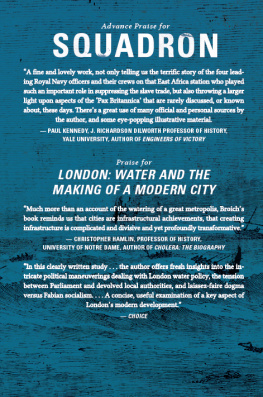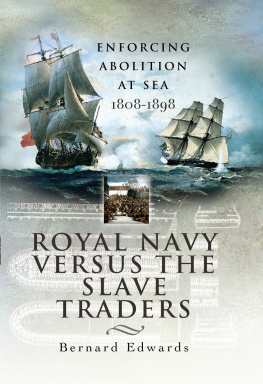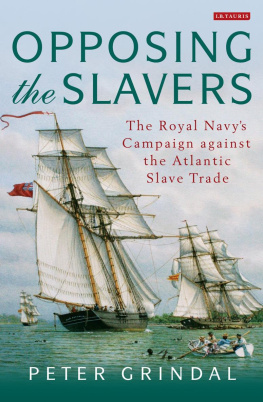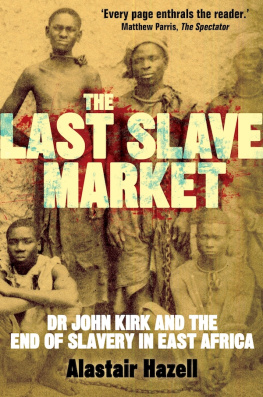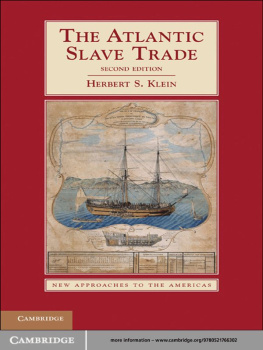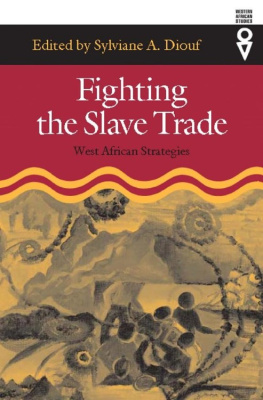This edition first published in the United States and the United Kingdom in 2017 by Overlook Duckworth, Peter Mayer Publishers, Inc.
NEW YORK
141 Wooster Street
New York, NY 10012
www.overlookpress.com
For bulk and special orders, please contact , or write us at the above address.
LONDON
30 Calvin Street
London E1 6NW
T: 020 7490 7300
E:
www.ducknet.co.uk
For bulk and special sales please contact
2017 John Broich
All rights reserved. No part of this publication may be reproduced or transmitted in any form or by any means, electronic or mechanical, including photocopy, recording, or any information storage and retrieval system now known or to be invented, without permission in writing from the publisher, except by a reviewer who wishes to quote brief passages in connection with a review written for inclusion in a magazine, newspaper, or broadcast.
ISBN: 978-1-4683-1400-7

D espite the British being early abolitionists, a significant slave trade remained up the east coast of Africa through the mid-1800s, even after the Civil War ended it in the United States. Further undermining the British Empire was the fact that many of the vessels involved in the trade were themselves British ships.
The Royal Navys response was to dispatch a squadron to patrol Africas coast. Following what began as a simple policing action, this is the story of four Royal Naval officers who witnessed how rampant the slave trade remained and made it their personal mission to end it. When the disruption in trade ships started to step on toes within the wealthy merchant class, the campaign was cancelled. However, in the end a coalition of naval officers and abolitionists forced the British governments hand into eradicating the slave trade entirely.
Squadron grew from historian John Broichs passion to hunt down firsthand accounts of this untold story. Through research from archives throughout the UK, Broich tells a tale of defiance in the face of political corruption, while delivering thrills in the tradition of high seas heroism. If it werent a true story, Squadron would be right at home alongside Patrick OBrians Master and Commander series.
The worst of men is the seller of men.
M UHAMMAD

Map 1: The Indian Ocean

Map 2: The East Coast of Africa
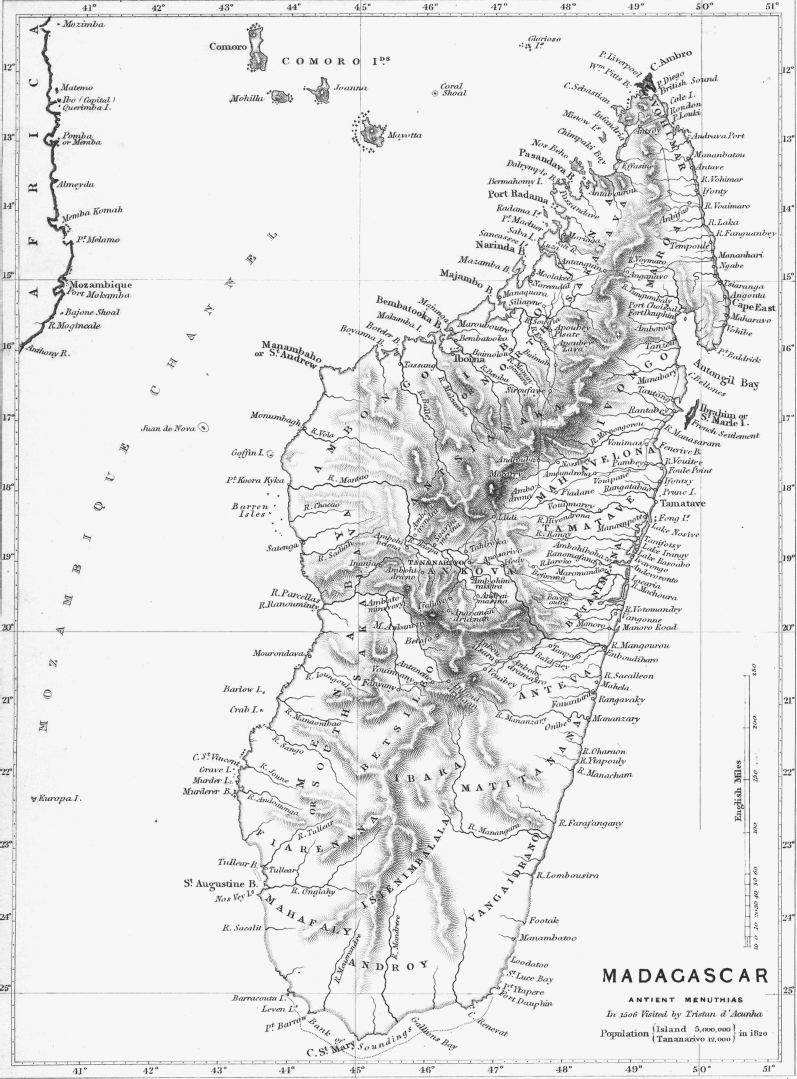
Map 3: Madagascar
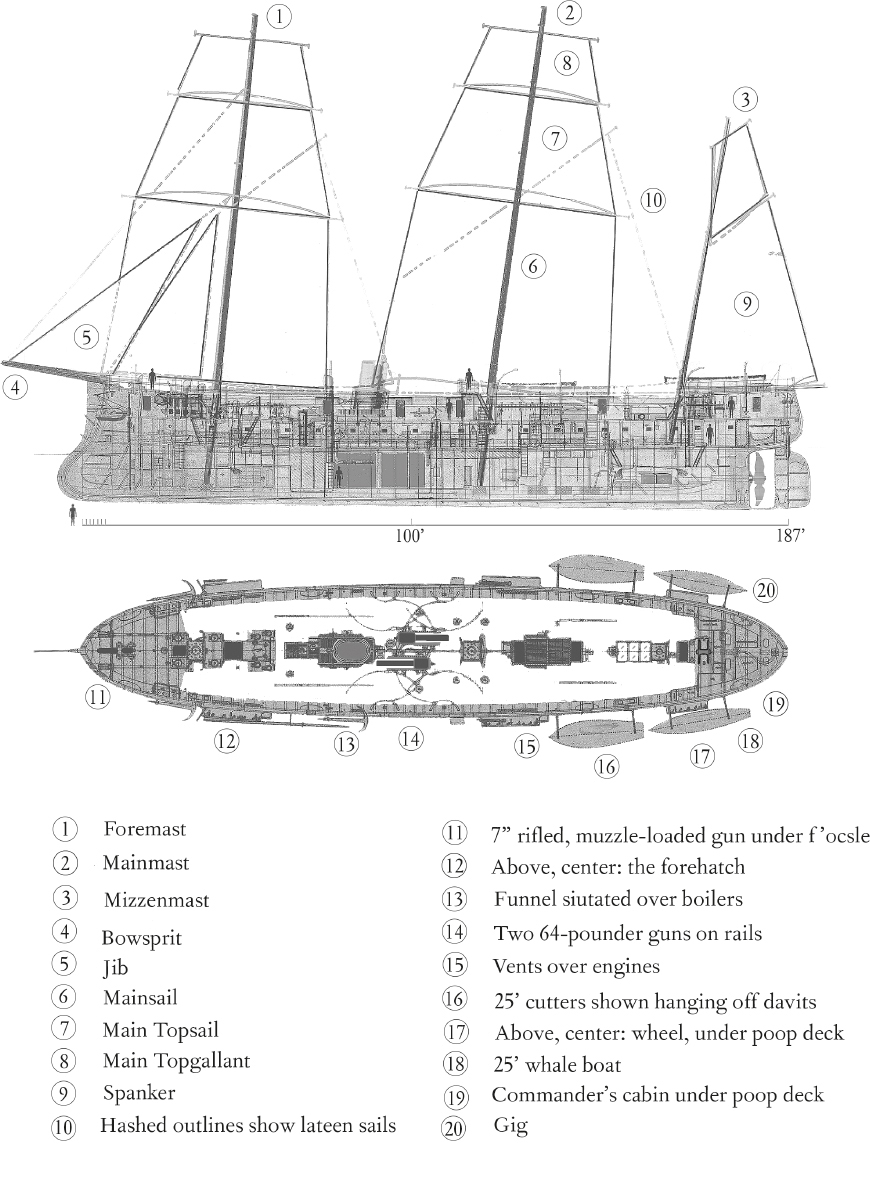
Cut-away profile and aerial view of the Amazon-class sloop
Philip Colomb | Commander, Royal Navy; captain of HMS Dryad |
Leopold Heath | Captain, Royal Navy; commodore of the East Indies Station, Bombay |
Edward Meara | Commander, Royal Navy; captain of HMS Nymphe |
George Sulivan | Commander (later Captain), Royal Navy; captain of HMS Daphne |
Minor figures
Henry Churchill | British consul, Zanzibar |
Sir Henry Bartle Frere | Diplomat, head of the British mission to Zanzibar 1872 |
Dr John Kirk | Acting British consul, Zanzibar |
David Livingstone | Missionary explorer in East Africa |
Conolly Pakenham | British consul, Madagascar |
Colonel Lewis Pelly | Former British consul at Zanzibar, diplomat in charge of Persian Gulf matters, based in Persia |
Ranavalona II | Queen of Madagascar and eventual Anglican convert |
Henry Rothery | Lawyer in the ecclesiastical and Admiralty court in London; legal advisor to the Treasury on slave trade matters |
Majid bin Said | Sultan of Zanzibar 18561870 |
Barghash bin Said | Brother of Majid and Sultan of Zanzibar 18701888 |
Flag, commissioned, and subordinate officers in order from highest to lowest rank:
Admiral, Vice Admiral, Rear Admiral
Commodore (a rank that a captain holds while leading a squadron or on a special task)
(Post-)Captain
Commander (called Captain when leading a ship)
Lieutenant
Master
Chaplain
Surgeon
Paymaster
Sub-Lieutenant (formerly Mate)
Midshipman
Warrant officers. Order does not necessarily denote rank hierarchy because these and other non-commissioned officers often reported directly to the captain, lieutenant, or other officers.
Gunner
Boatswain/Bosun
Carpenter
Chief Engineer
Assistant Engineer
Petty officers. Order does not necessarily denote rank hierarchy.
Master-at-Arms
Captain of the Forecastle and captains of various sail positions
Captains Coxswain
Quartermaster
Ships Corporal
Sailmaker
Ropemaker
Caulker
Blacksmith
Leading Stoker
Cooper
Armourer
Head Krooman
Leading rates and seamen. Order does not necessarily denote rank hierarchy.
Leading Seaman
Shipwright
Able Seaman
Captains Steward
Captains Cook
Ward/Gun Room Steward
Ward/Gun Room Cook
Ordinary Seaman
Barber Krooman
Boy 1st Class, Boy 2nd Class
E IGHTY MEN , women and children were squeezed in a space forty feet long and not twenty-five wide. They were in the dark, under a bamboo deck, in airless heat bent, crouched, huddled. Limbs welded stiff, they could not have stood even had the deck above their heads miraculously disappeared. The meagre hull moved north along the coast. Above it was dawn. But dark, always, under the deck.
In that dark was Kiada, born near the shores of the great lake Nyasa. Over a year before, war came to her village and her brother was killed. She and another brother were seized by men who made them walk uncountable miles far across hills and forests until they came to the edge of a sea, even greater than Nyasa whose shores stretched beyond seeing. She was held in a town on the edge of the sea for a year. There she was made to pound rice, removing the chaff. For some reason she was then placed on a ship to cross the water and it soon sailed the short distance to the island of Zanzibar about fifty miles from the East African coast, the island itself only sixty miles long. Then men displayed her in the slave market there. She had been purchased and packed in this dhow many days ago. She was now twelve years old.
Aminha was sixteen years old and a year before had been at home with her parents. She was abducted, forced to the coast, then transported to Zanzibar where she was made a labourer, carrying loads around the island. But even amid fear and captivity she found some consolation a husband, another one of her masters slaves. She loved him, but not long ago she had become desperately sick, beyond the help of her husband. Her master was alarmed, not that she was suffering but because he seemed about to lose his investment. He decided to cut his losses, selling her out of his estate and away from her husband forever.

